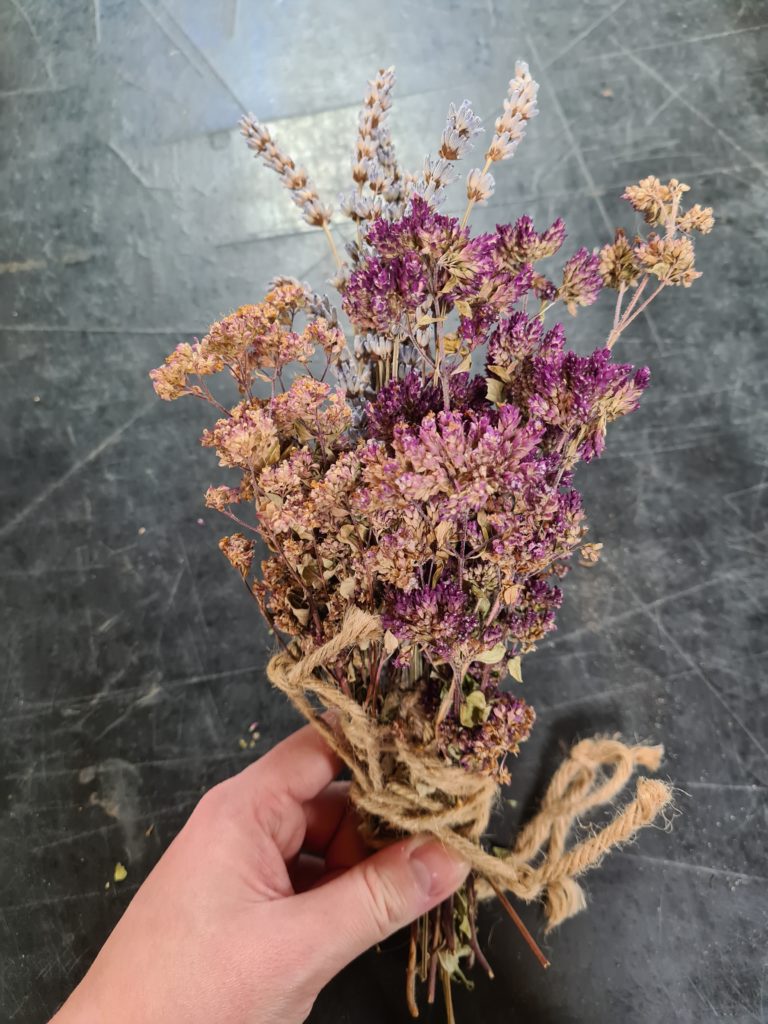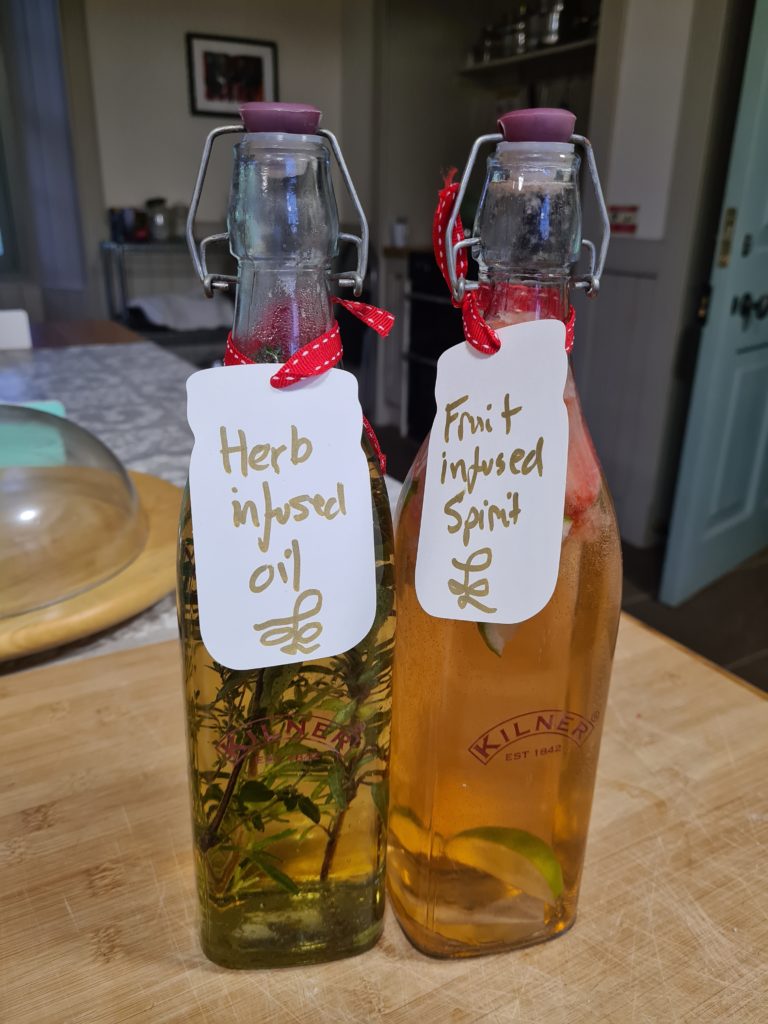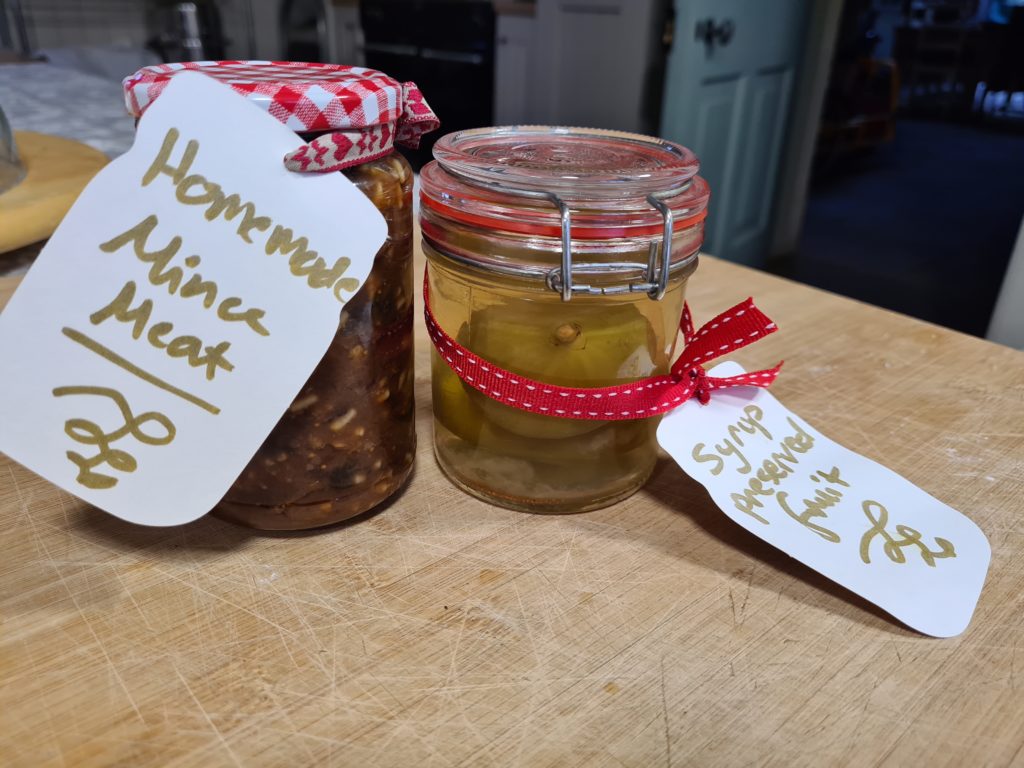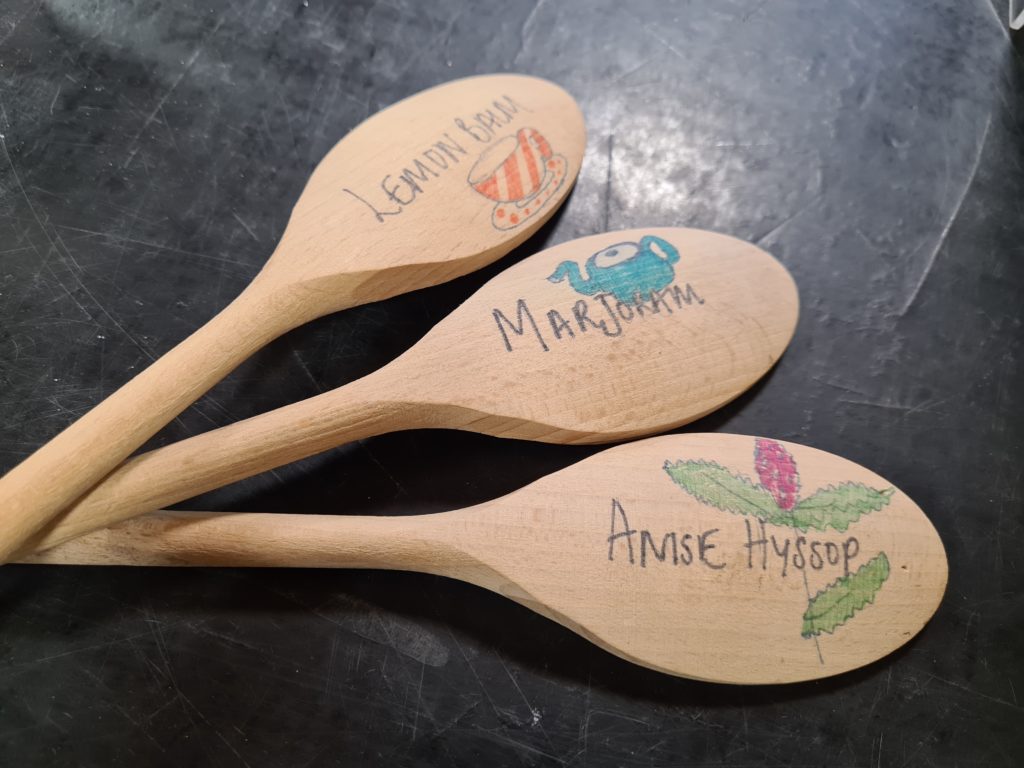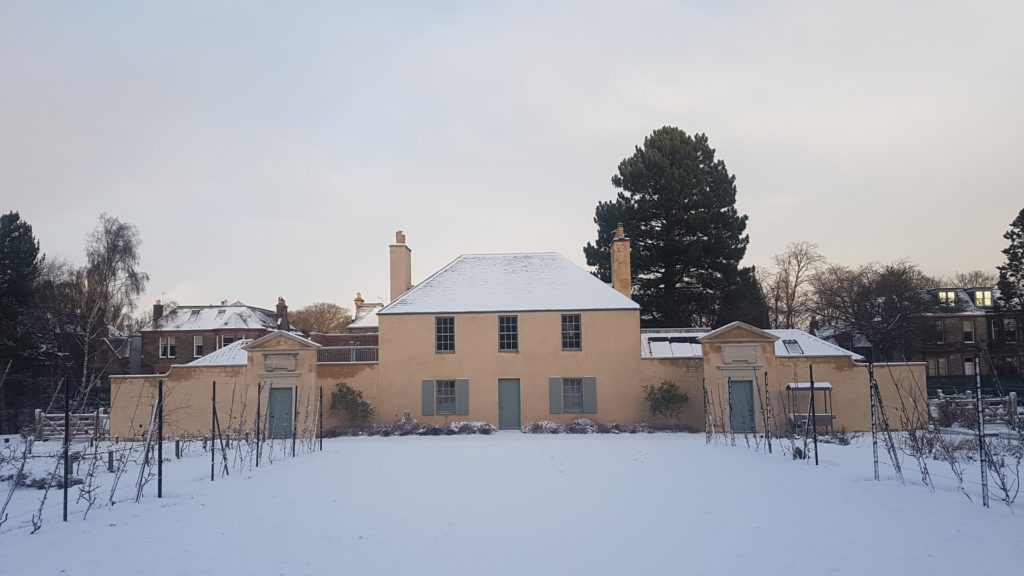Here in the Community Engagement Team at the Botanics, we’re always interested in living well, eating well, connecting with the natural world, practicing sustainability and reusing, reducing and recycling. You’ll see this in all of our activities, whether it’s the Edible Gardening Project or our fantastic programme at the Botanic Cottage. That’s why each year we take part in St Andrew’s Fair Saturday.
And what a year 2020 has been! It’s been challenging to say the least, but for most of us it has reminded us of the things that matter: our health, our happiness, how precious our friends and families are, and how our lives are interconnected with our planet. How we interact with nature and wildlife can have an impact on the world around us, as well as helping with our own physical and mental health and well-being.
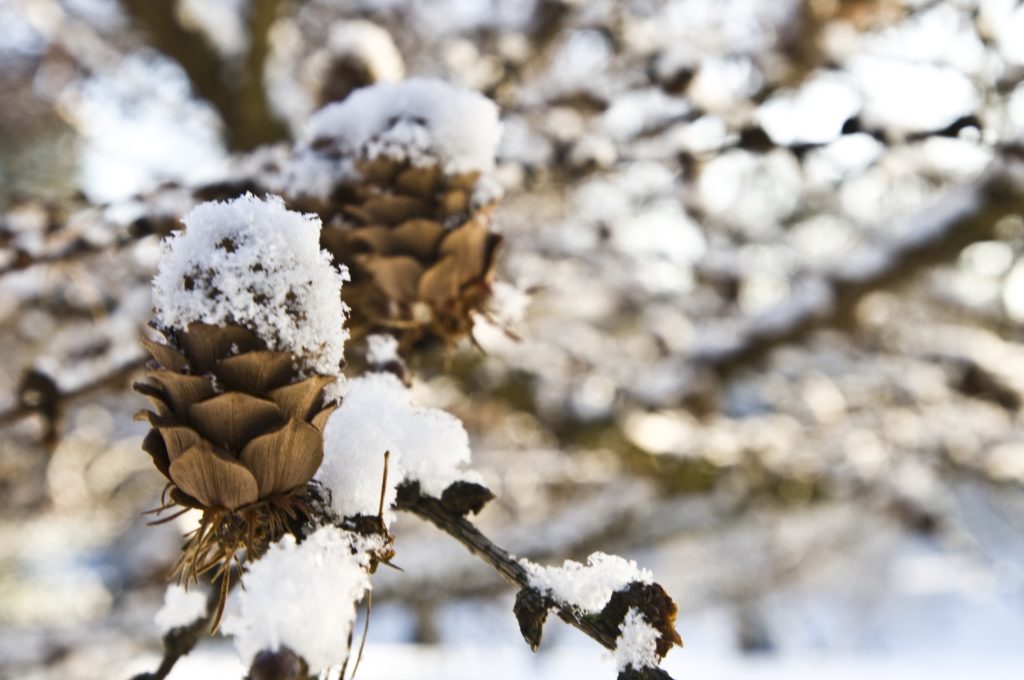
At this time of year we always try to remind you that the festive season doesn’t have to be about consumption. Let’s use 2020 as the year to practice what we preach!
Why not start off by trying some sustainable and environmentally-friendly ways to celebrate the season:
Hints and tips for Fair Festivities
Eating seasonally
- If you’ve grown your own food throughout the year, now is the time to enjoy the fruits of your labours! Parsnips, swedes, brassicas, winter salads and oriental greens are all in season now.
- It’s also never too late to think about next year. Planning ahead means you can have a bumper crop – see ‘your edible garden in winter’ for advice.
Reusing, reducing and recycling
- Think about using natural products for decorating your home rather than ones made of plastic or other non-degradable materials. A foraged wreath or a bough of holly for a garland make impressive pieces and can be composted afterwards.
- Holidays and festivals can often create food waste, but there are ways to reuse these. Think about reducing food waste by using leftovers, preserving (like drying, pickling or freezing) when you have an abundance or creating your own compost with things that do need to be thrown out.
- There are other types of waste created over the festive period that can be reused elsewhere: the inner tubes of wrapping paper can be cut down into smaller sections and used to start seeds growing in the spring, as can other plastic containers such as sweetie tubs.
- In a time when we’re encouraged to shop, shop, shop, have you thought about homemade or home-grown gifting? Perhaps you have seeds on a plant that you could harvest to give to friends, or flowers that are just past their best which you could cut, dry and gift as a bouquet?
Meaningful experiences
- Giving doesn’t have to be about buying more ‘stuff’. As well as homemade or home-grown gifts, have you considered giving an experience to a loved one? The gift of your time and energy is just as special. Perhaps consider gifting someone a home-made meal, a walk at a local beauty spot or even an hours help with a task in the house or in the garden.
Celebrating Fair Saturday
On Saturday 28th November we asked visitors to the Demonstration Garden to join us in thinking about how we could approach the festive season more sustainably. St Andrew’s Fair Saturday is an opportunity to think critically about consumerism, so we were delighted to take part again this year.
Many thanks to all who visited us on the day and contributed some excellent interpretation on how to approach the season in the spirit of ‘fairness’. We’d like to highlight some of the wonderful ideas you shared!
Firstly, we asked you: ‘Food waste is often an issue at celebrations. What do you do to reuse your leftovers or deal with glut?‘ Some of our favourite answers included:
- Only make enough. This time of year is notorious for gluttony, which isn’t actually needed! Reduce the amount you make.
- Things that you think are food waste might not necessarily be. Did you know that stalks from veggies like broccoli and cabbage, as well as some peelings like carrot and apple can be made into a delicious soup?
- Lots of leftovers can be turned into meals for other days in casseroles and pies, and even leftover chocolate and fruit can be used to create cakes or cake decorations.
- Donate what you don’t need: charities feeding those less fortunate than us, or even animals shelters, will take extra food.
- Set reminders on your phone to alert you when you have food due to expire. Make sure it’s eaten and doesn’t end up in the bin!
Secondly, we asked: ‘How do you reuse the extra waste created over holidays in the garden or around your home?‘ There were some great suggestions on this topic:
- Lots of children and young people suggested they use waste like plastic and cardboard for crafting. Some brilliant ideas were to make rockets, telescopes and even guitars out of things that might end up in the bin. Sounds fun!
- Lots of people suggested using items like this in the garden. The top half of a plastic bottle can make a mini greenhouse to protect seedlings, inner tubes of toilet roll or kitchen roll are great for growing seeds and crumpled up paper can be used to aerate your compost heap.
- Many items can be reused next year. You don’t need to buy new decorations and Christmas lights each year; many will last years and years.
- Even wrapping paper can be kept and used again and again.
- Someone even suggested keeping cardboard boxes and using the card at home for painting on. I’m sure many will have taken up drawing, painting and craft hobbies this year.
Lastly, we asked: ‘The festive period doesn’t have to be about shopping and gift giving. If you could suggest meaningful experiences for people to have at this time, what would they be?‘ This question really captured the imagination, with some brilliant answers including:
- Gifting homemade hampers with goodies such as preserves and baked goods.
- Gifting a workshop where the recipient can learn a new skill.
- Spending time together doing an activity. We loved the suggestions of cooking a family meal together or toasting marshmallows together out in the garden. Yum!
- Cooking doesn’t have to mean coming together in a group. Perhaps cooking for someone who cannot receive visitors and delivering the meal to them could be an option.
- Offering to babysit for friends or family for a day so that they can spend some quality time together.
- Many of us have the pleasure of being able to garden, but many cannot for health reasons. Why not offer to help someone with their garden? Clearing leaves, maintaining compost and tidying are great at this time of year, and in Spring planting seeds will be help to set up someone’s garden for the coming seasons.
Wishing you all a restful festive period from the Botanic Cottage and Edible Gardening Project.
The Botanic Cottage programme and Edible Gardening Project are kindly supported by players of the People’s Postcode Lottery.

